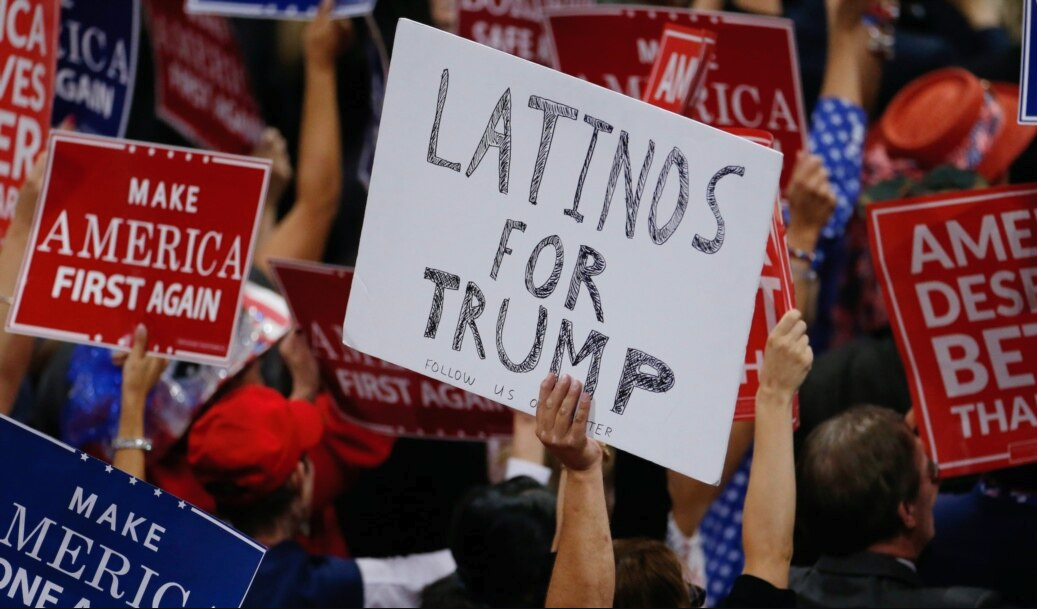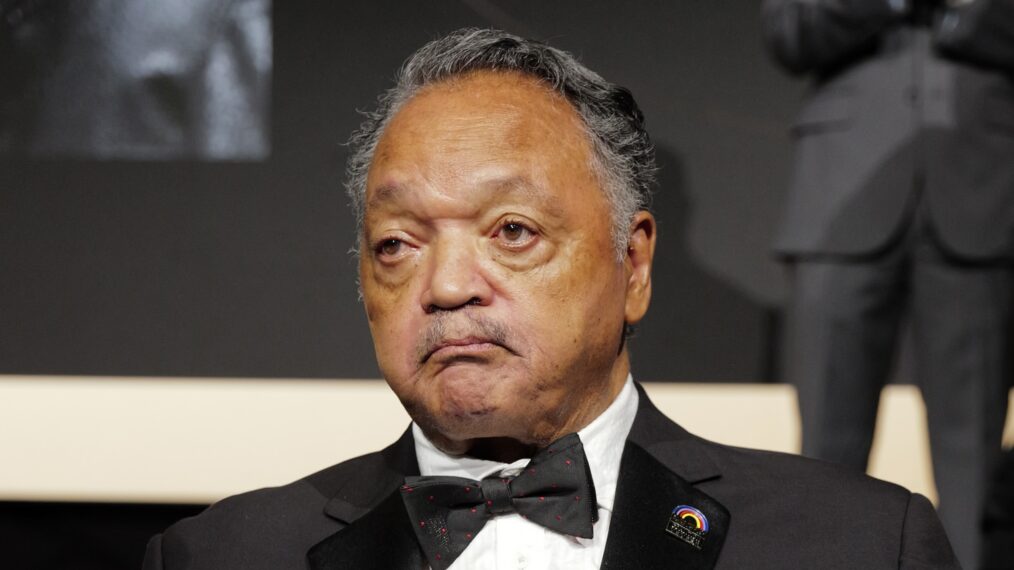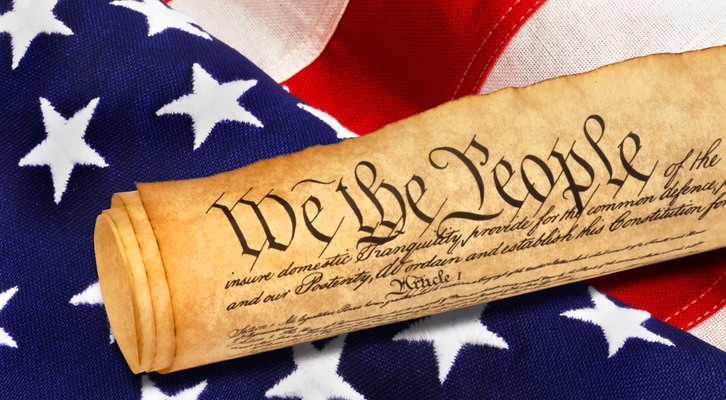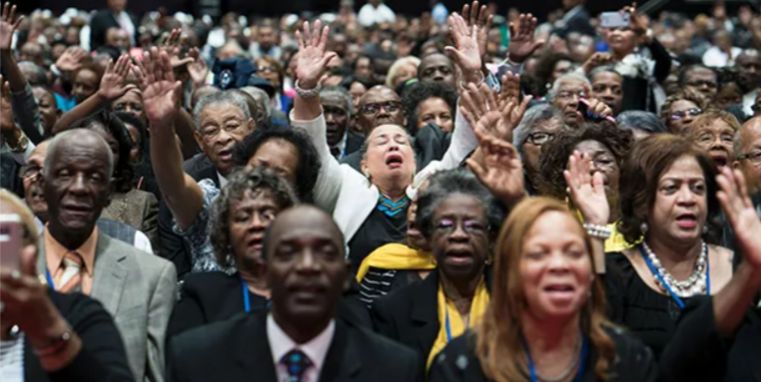(ThyBlackMan.com) Last month, Donald Trump reportedly received the highest percentage of the Latino vote of any Republican presidential candidate in history.
This was crucial in propelling him back into the White House. Whereas President Biden had a significant advantage with Hispanic voters over Trump in the 2020 election, the latter had a double-digit increase in such support this year.

As a result, many people have opined regarding the apparent fracturing of the Democrats’ once-reliable multiracial coalition. In particular, there is a growing concern regarding whether African Americans and Hispanics are moving apart politically. Indeed, some observers are even suggesting that the notion of “people of color” as a social and political construct is a relic of a not-too-distant (but nonetheless bygone) era.
As the racial breakdown of the election has come in sharper focus, consternation has arisen among many African Americans — who overwhelmingly view the once and future President as someone who is inimical to their interests. In fact, it is not hyperbolic to say that, in some quarters of Black America, there is a sense that Hispanics “betrayed” them. While it is difficult to ascertain how widespread or enduring this gulf is, its existence is undeniable.
This is a stunning turn of events given the last 60 years of political reality.
Picking up the smoldering embers of Martin Luther King’s multiethnic “Poor People’s Campaign,” Jesse Jackson fashioned his “Rainbow Coalition” as a direct challenge to white political hegemony. Barack Obama took this strategy to the next level, presiding over a coalition that truly caught fire, which many people (especially on the left) mistakenly labeled “post-racial.”
Some conservatives have seized on shifting racial politics as a sign that the end of so-called “identity politics” is near. Such a conclusion is, in many ways, complete nonsense. As I have pointed out previously, there has literally never been a time in American history in which identity was not at the core of politics. It’s just that conservatives don’t call it “identity politics” when white people are at center stage. Indeed, there is no more appropriate or accurate way to characterize Christian nationalism.
While I am generally loathe to over-generalize based on a single data point, I have to admit that something seems to have changed in the dynamics of a racial coalition that was rock solid just a few years ago. Somewhat ironically, I think that the reasons for Trump’s growing support among Latinos is related to why his support is increasing (though much less than is often claimed) among Black men.
Specifically, while Blacks and Hispanics almost universally acknowledge Trump’s low character and racist rhetoric, his policies and even his bravado are attractive — especially to men. Combine this with the fact that the Democratic Party that often appears to be feckless, too far left, and tone-deaf, especially when it comes to appealing to Black and Hispanic men.
All of this could easily become a recipe for continued GOP gains among these groups even after Trump has faded from the scene. Meanwhile, Democrats are preoccupied with debates over whether “Latinx” is a better term than Latino/a.
Of course, there is great irony in the fact that a seemingly growing percentage of Hispanics across the ethnic spectrum are gravitating toward the notion that they are not the ones who Trump has in mind when referring to immigrants who are “poisoning the blood” of Americans. Moreover, they seem to ignore the writing on the wall that — when Mr. Trump says that he wants to do away with birthright citizenship — he has Hispanics of all stripes in mind.
In his book “Black Reconstruction,” W.E.B. DuBois referred to the “psychological wage” of being poor but white. In other words, despite their low economic status, poor whites could still hold their heads high enough to look down on Blacks, irrespective of the latter’s economic reality. In short, being white afforded privileges (including physical safety) that even the wealthiest African American could not take for granted.
For some Latinos and other racial minorities, proximity to whiteness is a similar type of social wage. Yet, this will ultimately prove to be self-delusion, especially after Trump’s long-promised mass deportations begin. For example, how are soldiers and police officers going to distinguish between American citizens and undocumented immigrants, especially if the citizens speak with an accent? Further, are American citizens of Hispanic descent going to simply abandon their loved ones — including spouses and or parents — who are being deported?
Of course, this phenomenon is nothing new to Black America. Phrases like “light, bright, and damn near white” have long pointed to the illusory benefit of lighter skin being perceived as preferable to darker skin — with “passing” as white providing a way of escaping the harsher realities of racism. Yet, African Americans have had decades to learn that such coping mechanisms have limited efficacy in the face of determined bigotry. Yet, here we are.
If we have truly come to the end of the rainbow coalition, it’s becoming clear that there is no pot of gold. In its stead there will be an urn filled with the ashes of what might have been.
Written by Larry Smith
















Leave a Reply